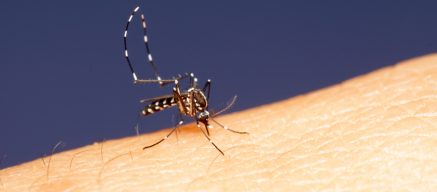What is chickenpox? Usually an illness that takes effect during childhood, chickenpox is a very common disease. It is very rare to get chickenpox twice, so 90% of adults are immune because they have had it previously[1]. Symptoms are uncomfortable …
Travel Tips & Advice
Meningitis: The Facts
Reviewed by Denise Chalkley RN, RM, RHV, BSc, AMFTM RCPS (Glas), Clinical & Operations Director for Travel Medicine (London Travel Clinic) What Is Meningitis? Meningitis is an inflammation of the meninges—the protective membranes surrounding the brain and spinal cord. It …
What is HPV?
Do you know what the human papilloma virus (HPV) is? Do you know it can cause cancers? In men as well as women? And did you know, here in the UK, someone is diagnosed with an HPV related cancer every …
Measles: The Facts
Reviewed by Denise Chalkley RN, RM, RHV, BSc, AMFTM RCPS (Gl), Clinical & Operations Director for Travel Medicine What Is Measles? Measles is a highly contagious viral infection that spreads through airborne droplets when an infected person coughs or sneezes. …
Travel vaccines for children
Travelling with children is a unique and amazing experience for all the family but requires careful planning and preparation. Precautions must be taken in order for a holiday to be successful and this starts well before you leave, by ensuring …
First Aid Essentials for travelling abroad
Is it time to pack for your next holiday? Whilst it may be tempting to cram your bag full of new outfits, shoes and books, it’s important to leave some space for those first aid essentials that you might just …
Are travel vaccinations safe during pregnancy?
Pregnancy affects the body in many ways. Due to these changes in the body, there are many precautions that you have to take when it comes to travel. None more so than when it comes to getting vaccinations while pregnant. …
The 6 Most Deadly Diseases You Can Catch While Travelling the World
Travelling far and wide appeals greatly to a huge variety of people, regardless of race, religion, age, or gender. As humans, we are naturally inquisitive and many thrive off adventure and new challenges. Therefore, many of us are attracted to …
Mosquitoes: Top Tips for Staying Bite-free this Summer!
With hot and humid weather descending on the UK, mosquitoes and plenty of other nasty bugs begin to multiply and thrive. Whilst mosquitoes here do not carry any dangerous diseases, their bite can be irritating, itchy and painful so is …
5 top tips to avoid stomach bugs when travelling
Even the most seasoned of travellers will agree, at some point whilst travelling it is inevitable that you will pick up a stomach bug. Symptoms to look out for include diarrhoea, cramps and bloating, nausea and vomiting, fever, headache and …












